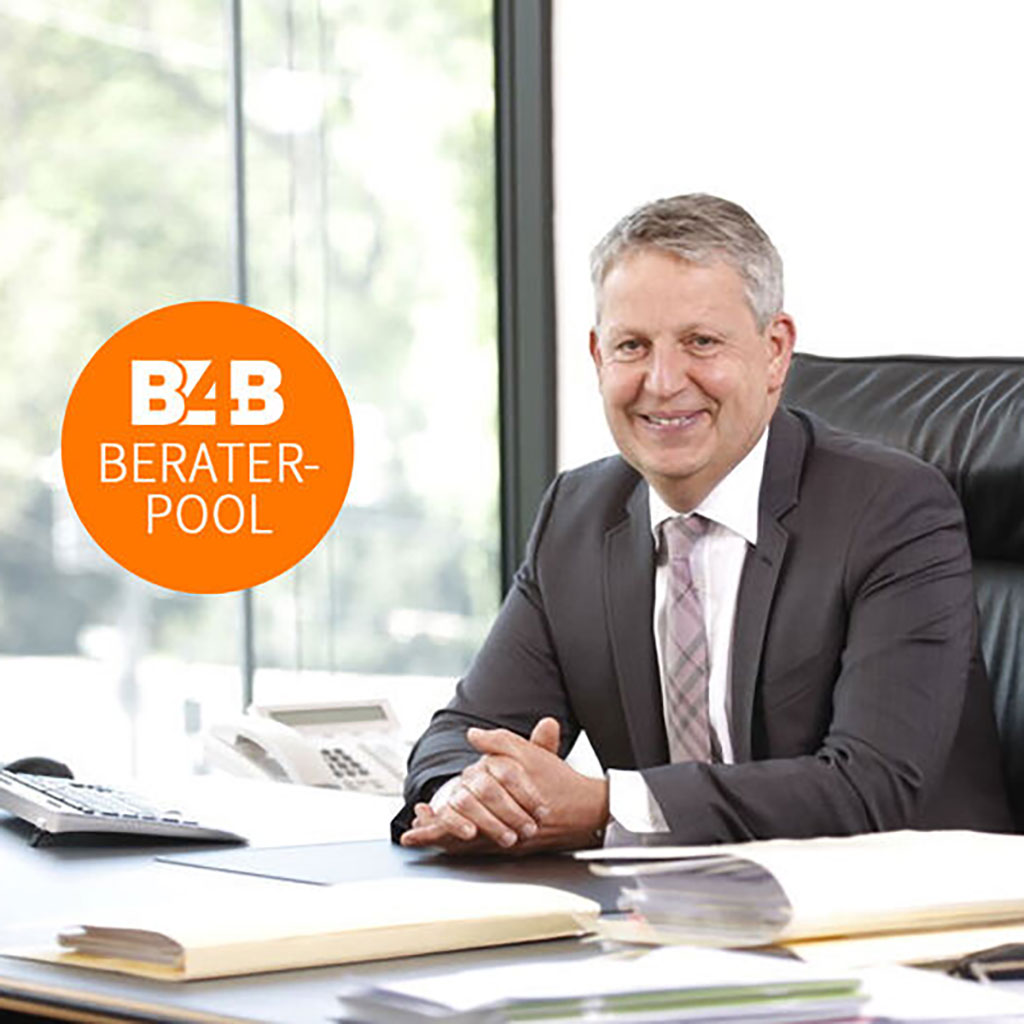In Germany, the handling of employee inventions is regulated by the Employee Inventions Act (ArbEG). This law assumes that the invention worthy of protection developed by an employee, civil servant or soldier initially arises in the person of the inventor, but encumbered by an option right of the private or public employer.
According to §5 ArbEG, the employee is initially obliged to notify the employer in writing of an invention which has either arisen in the broadest sense from the employee’s activity in the company or is in any case based to a significant extent on operational experience or operational work (so-called company invention).
The employer may then decide within a period of 4 months after receipt of a proper report of a service invention whether to claim the service invention or to release it. With the claiming of the invention by the employer, all pecuniary rights to the service invention are transferred to the employer (§7 ArbEG). The employee can only freely dispose of a service invention that has been released.
It should be noted that the claiming of the invention by the employer no longer has to be declared in writing. Pursuant to Section 6 ArbEG, the claiming of a service invention by the employer is deemed to have been declared if the employer does not release it to the employee in writing by the expiry of the above-mentioned 4-month period.
Upon claiming the service invention, the employer is obligated to register the service invention in Germany for the grant of an industrial property right, unless the invention involves trade secrets or the employee consents to the non-registration.
The employee is entitled to appropriate compensation to the extent that his invention provides the employer with a monopoly rights position. The nature and amount of the remuneration shall be determined by agreement between the employer and the employee within a reasonable period of time after the claim has been made. If no agreement is reached, the employer shall determine the remuneration by a reasoned written statement no later than three months after the grant of a property right. There are specially developed guidelines for determining the amount of the remuneration, according to which an assessment can be made. However, since this calculation is time-consuming, the payment of a lump sum (payment of a fixed sum once or several times) is often preferred in company practice. However, the employer is free to apply a company-specific remuneration system.
Your
Thomas Schwarz
Do you have any questions for patent expert Thomas Schwarz, or would you like more in-depth advice?

